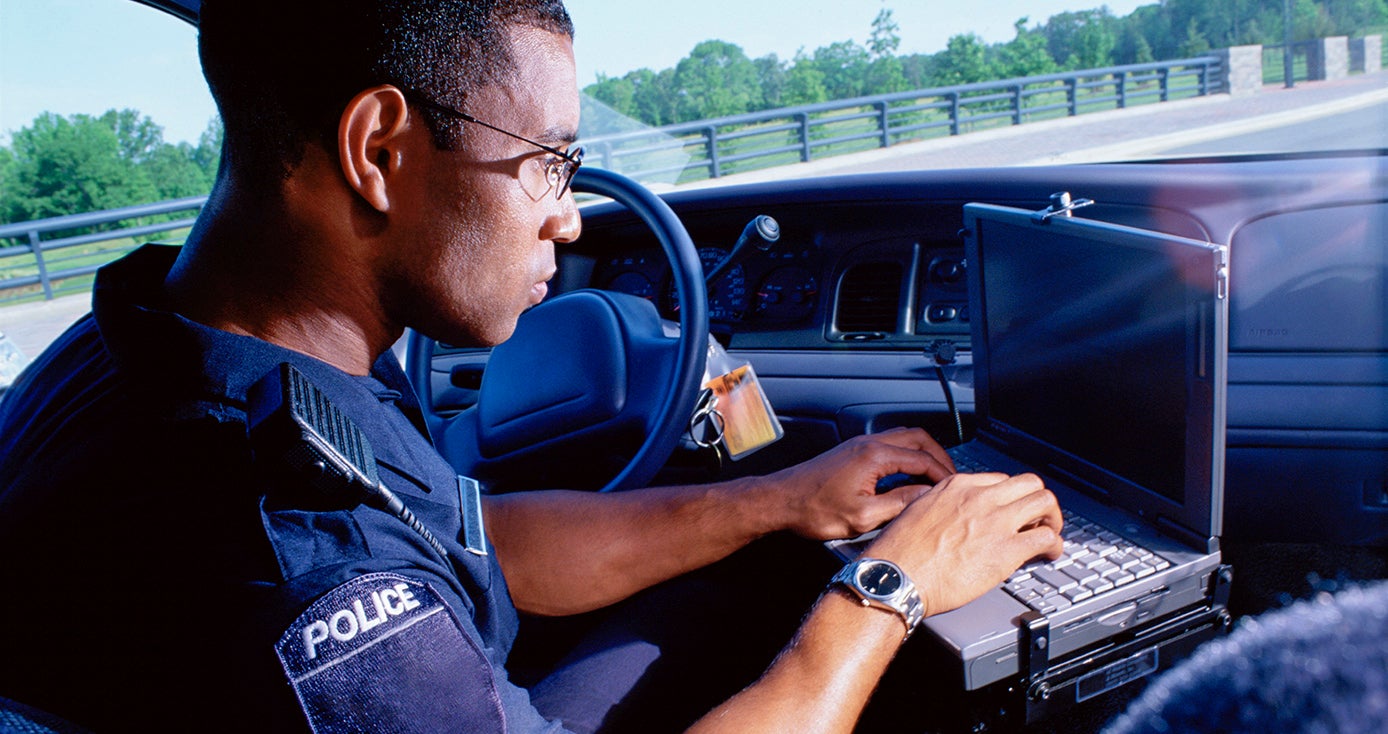
Subscribe to Pittwire Today
Get the most interesting and important stories from the University of Pittsburgh.First Responders’ Workplace Motivation Affected by Public Perception
Firefighters and police officers are often motivated by a desire to help others and to make the world a better place. But when public perception of their roles turns negative, or they feel misunderstood, their on the job effort suffers—which in turn can be detrimental to the community they’ve chosen to serve.
“When police officers or firefighters feel like the public doesn’t understand the work they do, that can be very demotivating,” said Pitt Business professor David Lebel, who studies the factors that influence employees’ willingness to speak up, take initiative or be innovative.
Prosocial motivation—or the desire to benefit others—typically is associated with proactivity and greater productivity in the workplace. Employees tend to be more engaged when they feel their work is meaningful and that they are valuable and useful. Conversely, when service employees feel devalued, they’re less likely to be proactive.
A recent Pew Research survey of 8,000 police officers indicated that over 80% believe the public underestimates the difficulties, risks, and challenges of their jobs.
“As organizational scholars, we wanted to investigate how this perceived misunderstanding might impact their engagement with their community,” Lebel said.
Fostering understanding at Pitt
Pitt Police have launched an eight-week course to give members of the University community a closer look at the work they do. The Citizens Police Academy (CPA) will be offered twice a year.
“Our hope is that graduates of the CPA become more aware of and better informed about how the police department operates,” said Officer Mallory Jarzynka. Read more about the new Citizens Police Academy in @Pitt.
In recent research involving hundreds of police officers and firefighters, Lebel and coauthor Shefali V. Patil of the University of Texas at Austin, found that prosocially motivated first responders were more passive when they believed the public failed to appreciate the difficulties of their jobs. They were less likely to pursue additional training; less likely to attempt to de-escalate situations before intervention is required, and less likely to put in extra effort to form strong interpersonal and community connections that lead to better public safety.
Lebel said they initially expected to see this effect in police, who are under high public scrutiny, but surprisingly, they also found it in firefighters, whose profession is less frequently criticized.
“Employees who are constantly portrayed in the media and face unique levels of danger on the job are also sensitive to how the public evaluates their jobs. That is, the power of prosocial motivation to positively impact employee proactivity may be significantly weakened when those who are driven to help also believe the public oversimplifies their jobs,” they found.
The team also looked at portrayals of these jobs on TV, movies and media coverage. When coverage is negative, they argue, motivation suffers.
The researchers surveyed police officers and firefighters to measure both the degree to which they were prosocially motivated at work, and the degree to which they believed the public failed to understand the difficulties of their jobs. Their supervisors then were asked to rate the proactivity of those who responded to the employee survey.
In a separate survey they measured police officers’ physical engagement in their work and their supervisors’ ratings of the officers’ level of initiative in seeking out training and developing new knowledge and skills.
“Efforts to improve employees’ view of their public image can go a long way to prompting prosocially motivated employees to proactively serve their communities,” Lebel said.
Former Katz assistant dean for MBA and executive programs Bill Valenta (KATZ ’02), who had a 22-year career on the City of Pittsburgh police force before joining the Pitt administration, said, “The research by Drs. Lebel and Patil represent an important breakthrough in the understanding of the complex relationship between public safety officers, the community, public safety executives and elected officials. Clearly, the need to hold public safety officers accountable for their behavior is paramount but, as this research clearly demonstrates, effective public safety tactics require equal amounts of positive reinforcement.
“The challenge is on elected officials and public safety executives to effectively balance accountability and positive reinforcement to ensure the highest level of public service. Our dedicated public safety officers and the public deserve nothing less.”


